Category Archives Uncategorized
Stephanie Mills made headlines in the Spring of 1969 when she vowed, in her commencement address, to conceive no children. “Our days as a race on this planet are, at this moment, numbered,” she proclaimed, “and the reason for our finite, unrosy future is that we are breeding ourselves out of existence.” This is one of our best episodes from season one. We're sharing these while we take a break between seasons 2 and 3. Help ensure there IS a…
No civilization should head out into the world without “Doughnut Economics” in its survival kit. With her modernized thinking, economist Kate Raworth is, in her words, “flipping economics on its head.” UK Guardian columnist George Monbiot calls her new book, Doughnut Economics: Seven Ways to Think Like a 21st-Century Economist, “brilliant, thrilling and revolutionary.” In this first of a two-part conversation, Raworth explains why it’s way past time to update the approach to economics that’s been taught for over a…
Tom Shadyac is a successful Hollywood comedy director who found the traditional trappings of success were not the key to happiness. He traded a mansion and private jets for a mobile home and a bicycle. After a bicycle accident that nearly killed him, he decided it was time to tell a different kind of story. His documentary, I Am, featured interviews with Desmond Tutu, Noam Chomsky, David Suzuki, and others about what’s wrong with the world and what we can…
While world leaders wring their hands over forecasts of timid GDP growth, a growing list of visionaries around the world are collaborating to redefine economic objectives in a more meaningful and sustainable way. Former White House advisor Gus Speth has been at the forefront of new economic thought for decades. His prescription for change is not a bunch of economic mumbo-jumbo for boards and bankers. His ideas reach deep into the way we conduct our personal lives. We need to…
How we inhabit our homes, our lives, and the planet. Architect Sarah Susanka observed that houses in the U.S. were getting larger – but some rooms were seldom occupied, and often not even furnished. She found clients frequently did not get the immense satisfaction they expected from living in their “dream house.” How this relates to the way we inhabit our lives, and even the planet, is the subject of this conversation. Sarah Susanka’s observations of Americans’ dissatisfaction with their…
Our computer-generated scenarios all showed this growth stopping in the early decades of the 21st century, and, I must say, looking back now, it seems that we're right on schedule.” Dennis Meadows led the team at MIT whose computer simulations led to the publication of the top-selling environmental book of all time – The Limits to Growth. Scientists built on Jay Forester’s pioneering system dynamics work to chart future trends of five variables, analyzing how they would influence one another.…
Relocalization may be the most important strategy for minimizing climate change. According to Bill McKibben, “working as communities is the most important thing that we can be doing right now.” In this wide-ranging conversation about the sustainability of our civilization, McKibben shares his thinking about much more than climate change, including the fact that having “more” is not necessarily the key to our happiness. For a long time more and better were pretty much in the same direction….But sometime, and…
Do we behave rationally? You might be surprised how often our decision-making deviates from what is in our best interest. Behavioral economist Dan Ariely studies human behavior and decision-making. His experiments have led him to startling conclusions. We repeatedly and predictably make the wrong decisions in many aspects of our lives.” We may be rats in a maze for scientific study, but Dan Ariely puts a refreshingly human face on the scientific study of why we do the things we…
One of the ways that radical ideas become more mainstream is when those of us who hold them aren’t afraid to speak about them.” This thought has guided much of journalism professor Robert Jensen’s work. His writing and speaking often focus on the news that “we live in an economy that is based on the destruction of places all over world.” In this 2015 interview, Jensen explains what he calls “an unprecedented set of threats to the possibility of ongoing,…

